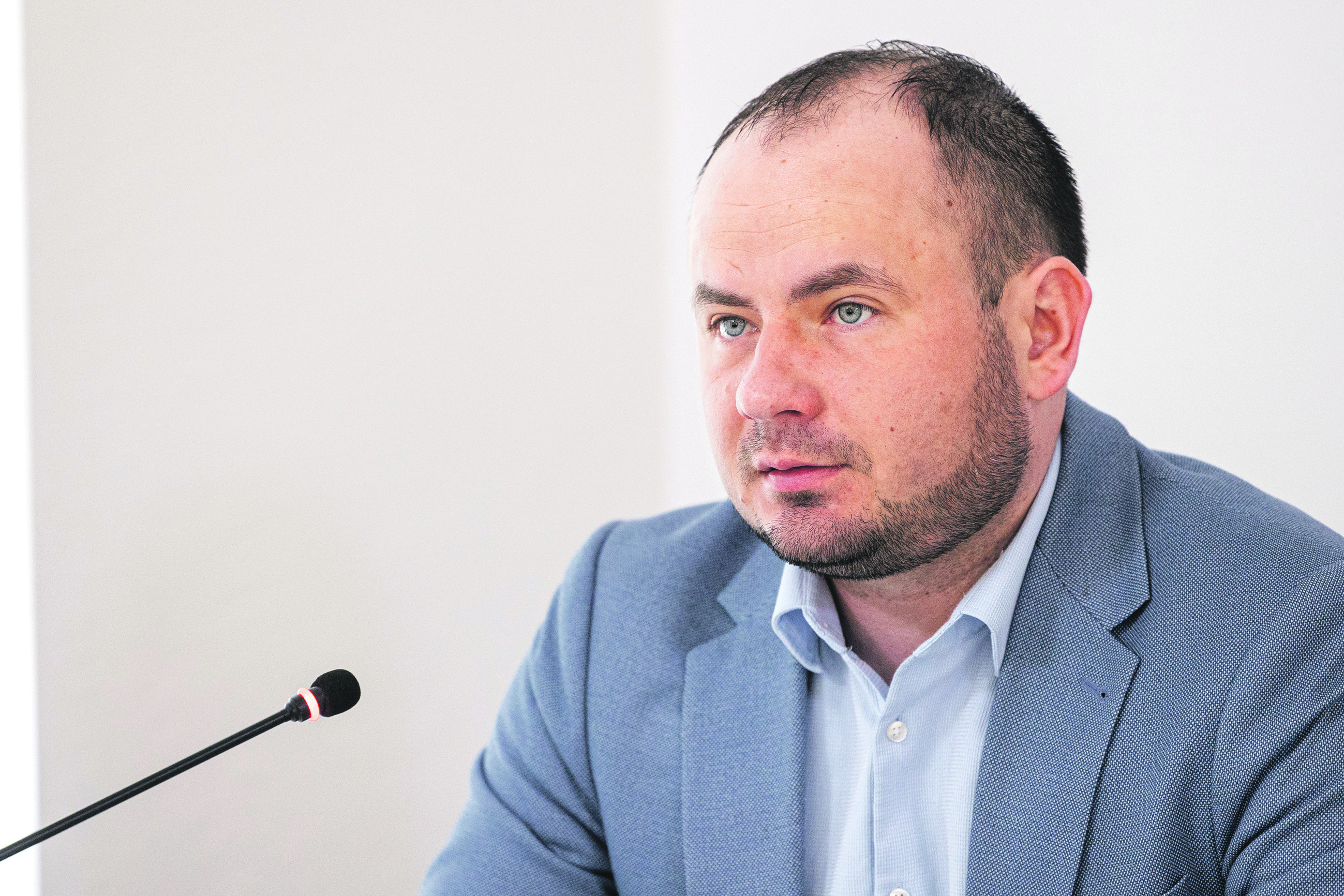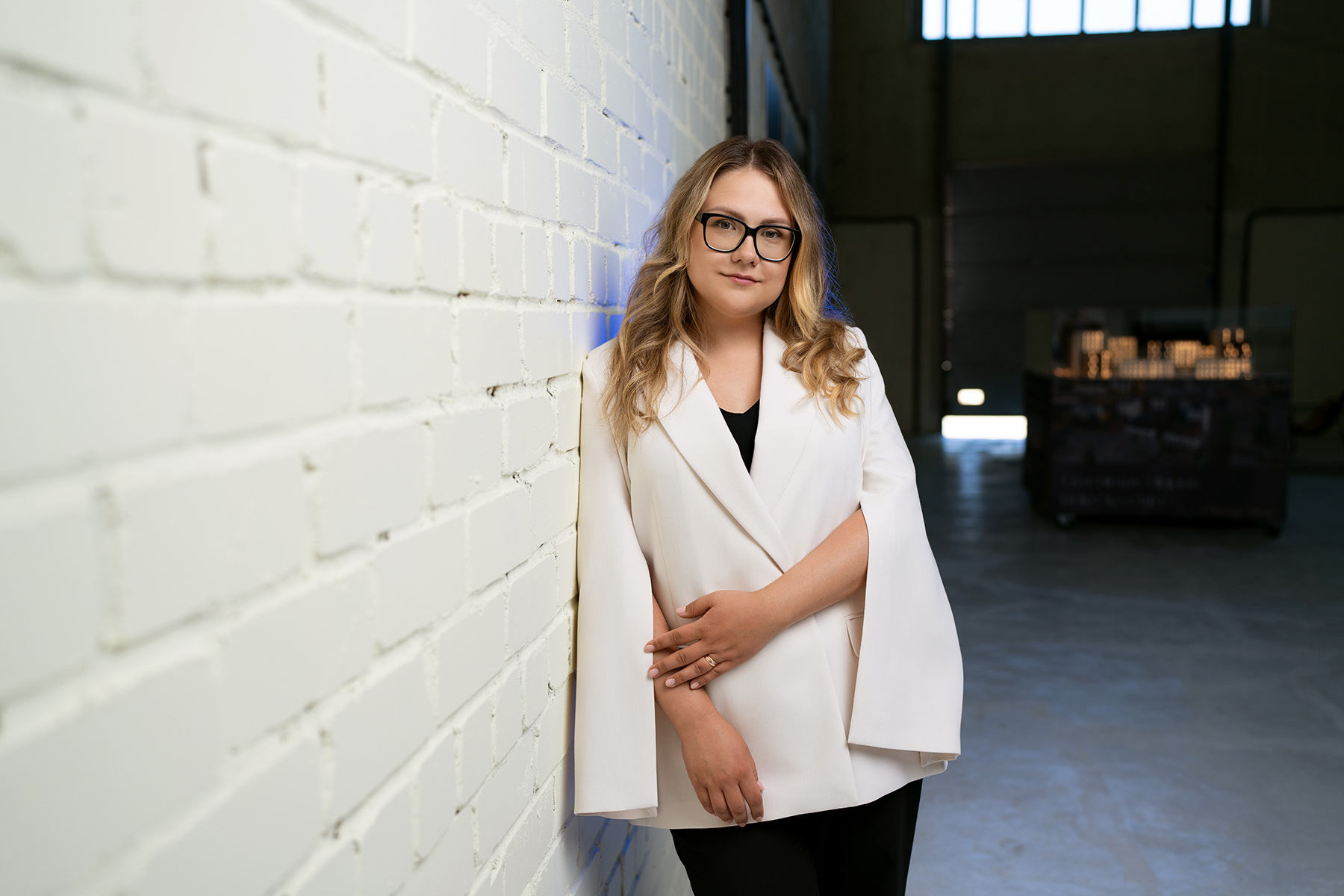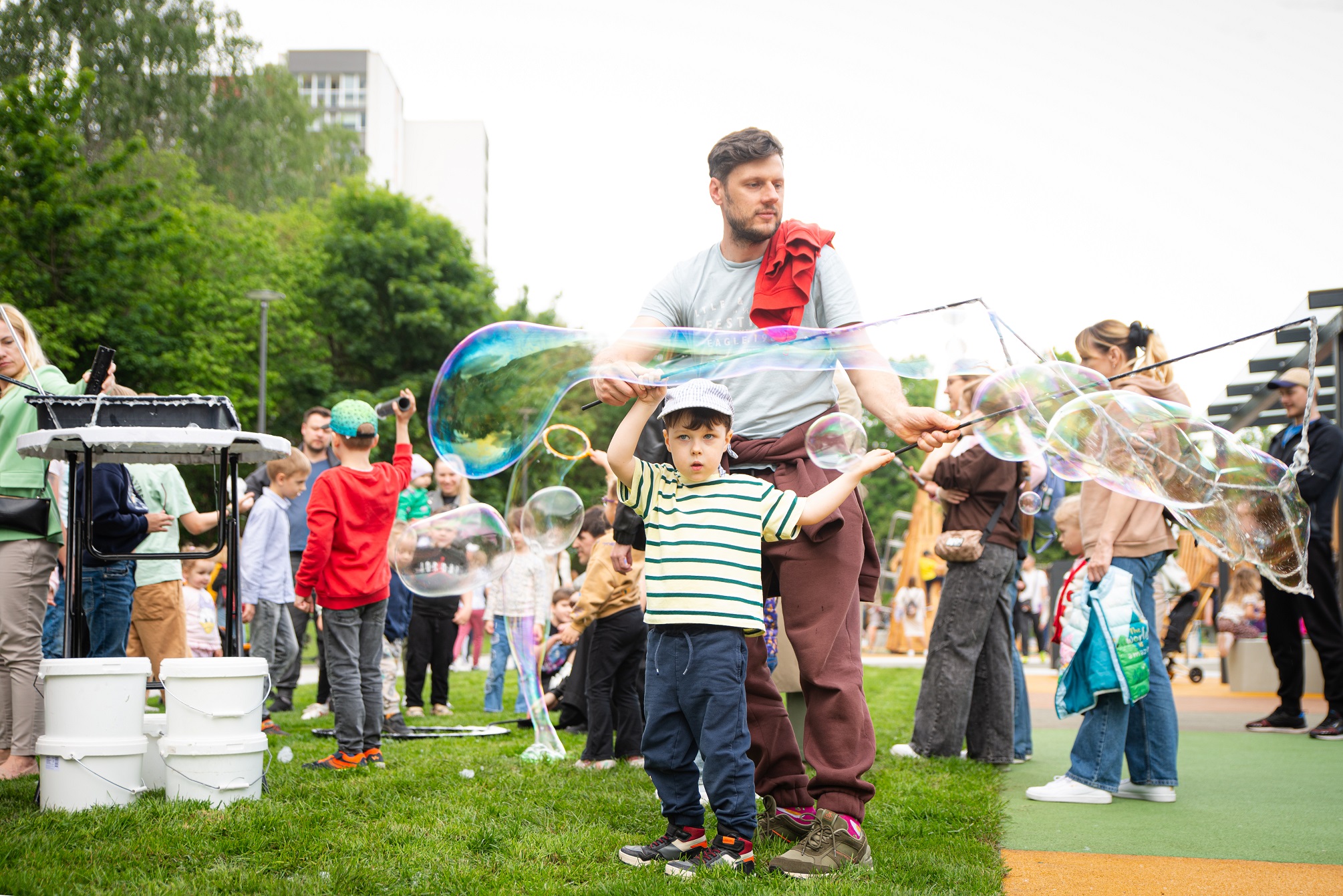Spring is halfway through and vegetable growers are forced to pause

Cold – not frost
Farmers who had fallen before last weekend said that spring was actually a bit warmer than the past. However, Paulius Andriejavas, the head of the Board of the Lithuanian Vegetable Growers Association (LDAA) and a spokesman for Agrošiltnamiai, says it is also a dry spring.
« Early potatoes have been planted for the first week. Onion sowing, other vegetables. We see that it is really dry, there was very little rainfall, and snow deficiency is very much felt, » said P. Andrew.
« The sowing of some cultures has actually started a little earlier, as it is possible to enter the fields with the technique, as the fields are not soaked, there was not much rainfall. As it will be – it is difficult to say, » he continues.
Mantas Andrijauskas, who is growing various vegetables in Kaunas district, also says that sowing this year actually started earlier, but when the weather has been cold, he had to stop. « We have to wait for the plants to start vegetate, then we will see if there was that damage, » he says of the potential losses of the changed air.
« It is traditionally that frost is traditionally, but it is not frost, but cold. Cold, it is in the morning before sunrise, and here the frost sticks all night, the northern wind blows. The gardens do not bloom yet, but it is difficult to say what the result will be, » explains the farmer.
« We haven’t planted cabbage yet, we will not suffer, but anyone has planted – it is difficult to predict how it will be, » he adds.
Nerijus Švelnys, a farmer in Telšiai county, Mažeikiai district, also started some of the sowing work only when the heat appeared: « At first we sowed something, we planted something, but very minimal because we planned to cool. We hit. »
Stability: According to P. Andrew, there is no increase in professional farms in Lithuania and remain similar. / P. Peleckio / Photo by BNS
Little experiments
N. Švelnys is convinced that Lithuania needs diversity. « Everything needs to be grown, every year is very different, » he says.
« We grow 140 hectares of cereals and 30 ha of vegetables, of which 25 hectares are planted in potatoes, » says the farmer.
« For three years, my wife and I were experimenting with my wife, but we stayed with ordinary vegetables: potatoes, carrots, onions, cabbage, beetroot, onion leaves, dill, pumpkins. We tried to grow Beijing, but maybe it was too cold, » said N.
M. Andrijauskas also confirms that traditional vegetables are still dominated by Lithuanian farms. « People want a diverse color salad, greens. Farmers take into account the needs of their customers, » he asserts.
Sometimes children grow up, leave for big cities and there is no one to take over farms. It is a pity, but we hope the situation will change.
P. Andriejavas does not see the radical news either. « We don’t really plant bananas yet, » he laughs. « The only change is that the potatoes, onions, garlic farmers are a bit early. We have a very standard vegetable cultivation culture that determines what farmers sow.
However, one of the experiments that has proved its worth and becomes a trend is the cultivation of watermelons. « The number of Lithuanian watermelons is increasing, it can be enjoyed. The number of commercial farms is increasing, and consumers can buy products in supermarkets – it can be attributed to the news, although it has been going on for the fifth year, » Andriejav shares.
There is a growing number of amateurs
The Chairman of the Board of the LDAA notes that not in the professional segment of the amateur growers, the number of experiments is certainly increasing – people and apartment blocks are trying to grow something for the first year.
« Grows peppers, chilli peppers, exotic tomato species. In the hobby segment people like to experiment, it probably becomes an educational tool, perhaps for children. The residents of big cities also want it. As I say, the village feeds the city, not the city,
« There are few changes in the professional segment. Beetroot, onion, salad, cabbage dominate, » he adds.
Mr Andrew says that the number of professional farms in Lithuania remains more or less stable. « We face the problem that there are no farms to pass, it is really seen. Sometimes, children grow up, leave for big cities and there is no one to take over farms. Very unfortunate, but we hope the situation will change. Health, healthy vegetables – this culture is gaining popularity and people consume more vegetables.
M. Andrijauskas also says that the number of meets, but not the profile vegetable growers are growing. « We are dealing with it – telling us that it grows more tomatoes or something else in the greenhouse. But at least we have not noticed professional vegetable growers. When we sell markets, all the same, old growers and new ones.
Will lead to competition
What the rest of the spring and summer brings is difficult to predict, so farmers talk about potential vegetable prices for this year. Mr Andriejav emphasizes that vegetable prices are most raised by the pranks of nature. « It should be mentioned that the market, not the farmer, is not determined, but the market, » he emphasizes.
Although fertilizer has become cheaper in recent years, their prices have not returned to the level before the extensive military action and energy crisis that began in Ukraine. « Yes, prices are more or less stable, do not predict cataclysms, but they have not returned to the level four years ago, » says LDAA, « this also contributes to the final price of vegetables, just like fuel, excise duty.
Such a context is that vegetables should become more expensive this year, but Mr Andrew explains that not everything is that simple – farmers are forced to compete heavily. « If they do not offer competitive prices, do not modernize farms, do not invest in optimal production, they will not compete with imports, and the consumer is always right and he chooses. We must compete, » he says.
Andrijauskas does not think that vegetables will become more expensive this year, but much will depend on the end of the season: « If drought is, maybe something will change, but now I don’t think prices will change. »
The village feeds on the city, not the city, but in the city people want to have their own vegetables.
According to him, the rise of salaries at least on his farm will probably not have a big effect, because even in the midst of the season, only a few employees have to hire – M. Andrijauskas is assisted by the family: « We do not feel the burden of salaries. »
This is where the seventh year farmer, N. Švelys, says that vegetable prices may rise, but they are actually regulated by the situation in the EU market. « If we have excess vegetables or a large excess in Lithuania, do not allow us to raise prices, automatically the market is regulated by prices. It is not the same as with cereals – you have sold, it is always the same price. This is not the same.
« It depends very much on how many vegetables are grown not only with us, but also around us, in Europe. The situation is important not only in neighboring countries, but also throughout the EU – if you do not close anywhere, then buy from us, the price is higher, » says N. Gvelys.
He exports his vegetables to Poland, Ukraine. « I hope that something will continue to be successful, » the farmer hopes.








